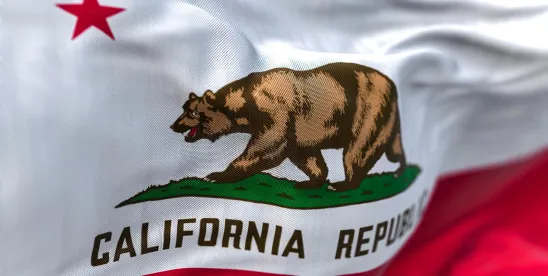Highlights
The broad interpretation of “disclosure” under the California Labor Code now includes information already known by an employer.
The prohibition on retaliation against employees who make protected disclosures will be strongly enforced.
Employers should stay up-to-date with whistleblower laws and regulations to avoid legal issues related to retaliation.
In a landmark decision, the California Supreme Court in People ex rel. Garcia-Brower v. Kolla's, Inc. held on May 22 that the disclosure of unlawful activities, even if already known to the employer or agency, is still protected under Section 1102.5(b) of the California Labor Code.
The case involved a bartender who made a report of alleged unpaid wages to her employer and subsequently faced termination and threats of deportation. The California Department of Labor Standards Enforcement (DLSE) concluded that the employer engaged in unlawful retaliation. Despite these findings, the employer refused to pay damages. Consequently, the California Labor Commissioner initiated legal proceedings against the employer, including a claim alleging unlawful retaliation under Section 1102.5(b).
The trial court and later the appellate court ruled against the Labor Commissioner’s retaliation claim and determined that the bartender's complaint did not meet the criteria of a protected disclosure under Section 1102.5(b) because it did not involve the revelation of new information and was based on an alleged violation already known to the employer. However, the California Supreme Court interpreted the term “disclosure” differently, expanding its scope to include disclosures made to a recipient who has the authority to investigate or correct the violation, regardless of whether the recipient already knows about the violation.
In its 23-page opinion, the California Supreme Court examined the legislative history and conflicting interpretations of Section 1102.5(b) regarding the meaning of disclosure and the extent of whistleblower protection. The interpretation has been the subject of disagreement in the Courts of Appeal. One view, supported by the 2012 case Mize Kurzman v. Marin Community College Dist., argues that disclosure should involve revealing something previously unknown. Another perspective, represented by Hager v. County of Los Angeles, a 2014 appeals case, contends that protection should not be limited to the first employee to report wrongdoing.
The Kolla’s Inc. decision supports the pro-employee view that a report of wrongdoing should be protected, regardless of whether the disclosure is the first such report or whether the employer is already aware of the alleged wrongdoing.
This ruling highlights the importance of understanding whistleblower protections under the California Labor Code. Employers should be mindful of the broad interpretation of disclosure, which now will include known information, along with the notion that retaliation against employees who make protected disclosures will be strongly enforced. These considerations can help employers avoid and navigate whistleblower issues in the workplace.





 />i
/>i

